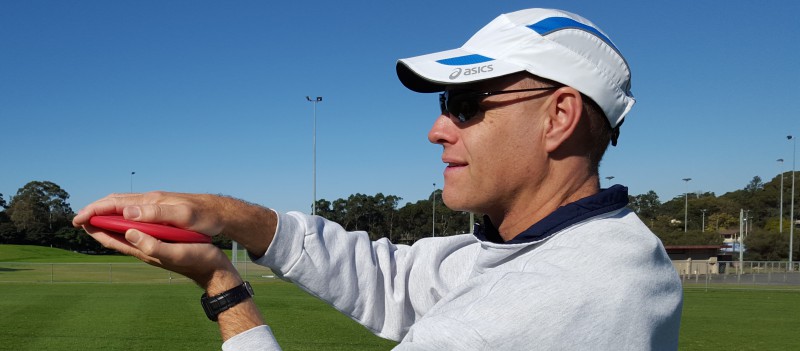Avoiding the Pitfalls of Over-Training: Tips for Supporting Young Athletes
As a coach or parent, it is natural to want the best for your young athletes. But pushing them too hard too soon can have long-lasting negative effects on their physical and mental health. In this article, we will explore the problems associated with over-training young athletes and offer some tips for avoiding these pitfalls.
1. Increased Risk of Injury
Young athletes who train too hard and too frequently are at a higher risk of injury. This is because their bodies are still developing and may not be able to handle the strain of intense training. Common injuries include stress fractures, muscle strains, and overuse injuries.
2. Burnout
Over-training can lead to burnout, both physically and mentally. Young athletes may lose their love for the sport they once enjoyed and become disinterested in participating. This can lead to long-term negative effects on their self-esteem and health.
3. Imbalanced Development
Imbalanced development: Training too hard too soon can lead to imbalanced development. This is when one aspect of an athlete’s training gains emphasis at the expense of others. This can result in a lack of athleticism and an increased the risk of injury.
4. Mental Health Issues
Over-training can take a toll on an athlete’s mental health, causing stress and anxiety. The pressure to perform and the constant demands of training can be overwhelming for young athletes.
Tips for Supporting Young Athletes
What can coaches and parents do to avoid these problems? Here are some tips:
1. Set Realistic Expectations
Young athletes need time to develop both physically and mentally. Set realistic expectations for their performance and give them time to grow.
2. Emphasise Balance
Encourage young athletes to participate in a variety of sports and activities, not just one. This helps promote balanced development and reduces the risk of burnout.
3. Listen to Their Bodies
Teach young athletes to listen to their bodies and take breaks when necessary. It’s important to take a step back when needed.
4. Foster a Positive Environment
Create a positive and supportive environment for young athletes. Encourage them to have fun, celebrate their successes, and be understanding when they struggle.
Conclusion
Over-training young athletes can have serious consequences. It is important for coaches and parents to be mindful of the risks and to take steps to prevent over-training. By setting realistic expectations, emphasizing balance, and fostering a positive environment, we can help our kids develop into happy and healthy athletes.
Further reading
Kids Sports: How Often Should a Young Athlete Practice?
If this post helped you please take a moment to help others by sharing it on social media. If you want to learn more I encourage you to leave questions and comments or contact me directly.
Darren Wensor is a sports development professional, coach educator, specialist coach of young athletes, and founder of the blog coachingyoungathletes.com. Learn more about him here and connect with him on Twitter, Facebook, Linkedin, or via email. Check out Coaching Young Athletes on YouTube, the Coaching Young Athletes podcast, and the Coaching Young Athletes E-Book Series.

